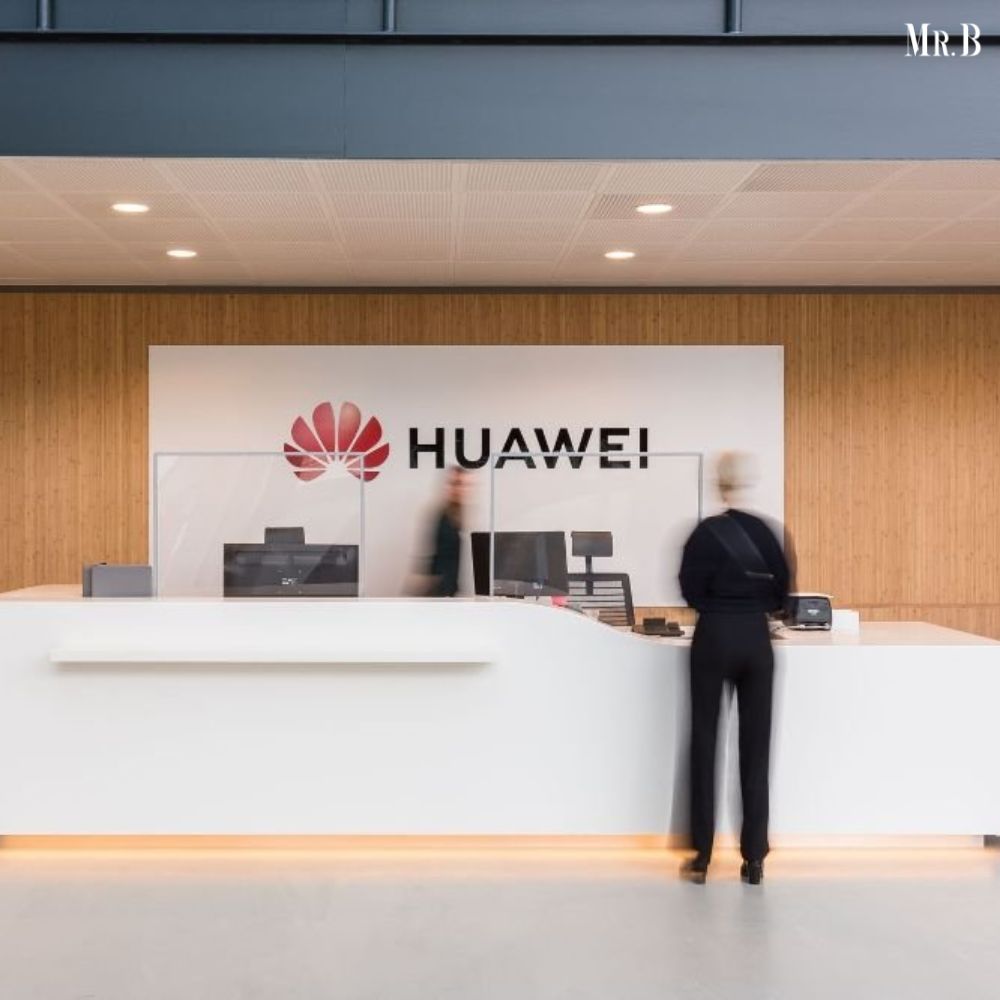What are the functions of public affairs committee?
- Category: Business

In the intricate realm of governance and policy-making, Public affairs committees play a pivotal role in shaping public discourse, influencing decision-making processes, and advocating for societal change. This article delves into the multifaceted nature of public affairs committees, elucidating their functions, importance, and impact on contemporary socio-political landscapes.
What are these committees?
Public affairs committees, often abbreviated as PACs, are entities formed to engage in political advocacy, public policy research, and grassroots mobilization efforts. These committees operate within various sectors, including government, non-profit organizations, corporations, and advocacy groups, with the common objective of advancing specific agendas and promoting public interests.
Functions:
1.Advocacy and Lobbying:
These committees serve as conduits for advocating and lobbying policymakers on behalf of their constituents or stakeholders. Through strategic communication, coalition building, and direct engagement with elected officials, PACs seek to influence legislative decisions and shape public policies in alignment with their objectives.
2.Political Fundraising:
A crucial aspect of public affairs committees’ activities involves fundraising to support their advocacy efforts. PACs solicit contributions from individuals, corporations, and other organizations to finance political campaigns, issue advocacy campaigns, and lobbying initiatives aimed at advancing their policy priorities.

3.Research and Analysis:
Public affairs committees conduct comprehensive research and policy analysis to inform their advocacy strategies and initiatives. By gathering relevant data, conducting surveys, and assessing the potential impact of proposed policies, PACs equip themselves with the knowledge and evidence needed to effectively advocate for their causes and influence public opinion.
4.Grassroots Mobilization:
PACs engage in grassroots mobilization efforts to galvanize public support for their initiatives and mobilize constituents to take action on specific issues. This may involve organizing rallies, petition drives, letter-writing campaigns, and other grassroots advocacy tactics to amplify their voices and pressure decision-makers to address key concerns.
5.Public Education and Awareness:
These committees play a vital role in educating the public and raising awareness about important social, economic, and political issues. Through targeted communication strategies, media outreach, and public events, PACs seek to inform, engage, and mobilize individuals to become active participants in the democratic process.
What are the three public affairs committees?
1.Political Action Committees (PACs):

Political Action Committees are perhaps the most well-known type of PACs. These committees are formed with the primary objective of raising and spending money to support or oppose political candidates, parties, or specific policy initiatives. PACs can be affiliated with corporations, labor unions, trade associations, or ideological groups, and they play a significant role in financing election campaigns and influencing electoral outcomes. Through fundraising efforts and independent expenditure campaigns, PACs exert influence on the political process and advocate for policies aligned with their interests.
2.Super PACs (Independent Expenditure-Only Committees):
Super PACs, formally known as Independent Expenditure-Only Committees, emerged following the landmark Citizens United v. FEC Supreme Court decision in 2010. Unlike traditional PACs, Super PACs can raise and spend unlimited amounts of money from corporations, unions, and individuals to support or oppose political candidates or issues. However, Super PACs are prohibited from directly coordinating with candidates or political parties. Super PACs have become prominent players in election campaigns, financing television ads, mailers, and other forms of political communication to sway public opinion and influence electoral outcomes.
3.501(c)(4) Social Welfare Organizations:
501(c)(4) organizations, also known as social welfare organizations, are another type of Public Affairs Committee that engages in political advocacy and lobbying activities. Unlike traditional PACs, 501(c)(4) organizations are not required to disclose their donors publicly, allowing them to operate with a degree of anonymity. These organizations advocate for specific policy positions, conduct issue advocacy campaigns, and engage in lobbying efforts to influence legislation and public policy. While social welfare organizations are not primarily focused on electoral activities, they play a significant role in shaping public policy debates and promoting specific agendas.

FAQs:
Q.1. What distinguishes Public Affairs Committees from other advocacy groups?
These committees typically focus on engaging in political advocacy and influencing policy decisions through direct engagement with policymakers, fundraising for political campaigns, and researching to support their initiatives.
Q.2. Are Public Affairs Committees subject to regulations and disclosure requirements?
Yes, the committees are subject to regulations governing campaign finance, lobbying activities, and disclosure requirements, which vary depending on the jurisdiction and type of organization.
Q.3. Can individuals or organizations form their own Public Affairs Committees?
Yes, individuals, corporations, unions, and other organizations can form their own Committees to engage in political advocacy and influence public policy decisions.
Q.4. How do these committees prioritize their advocacy efforts?
These committees prioritize their advocacy efforts based on their organizational objectives, policy priorities, and strategic considerations, often focusing on issues that align with their mission and have the potential to garner public support.
Q.5. What role do Public Affairs Committees play in election campaigns?
These committees play a significant role in election campaigns by providing financial support to candidates, conducting independent expenditure campaigns, and mobilizing voters to support candidates who align with their policy priorities.
Conclusion:
Public Affairs Committees serve as influential actors in the political and policy-making arena, advocating for change, mobilizing public support, and shaping the course of public discourse. By leveraging their advocacy expertise, research capabilities, and grassroots networks, PACs play a vital role in advancing diverse interests and promoting the public good in an ever-evolving socio-political landscape. Understanding the functions and significance of the committees is essential for individuals, organizations, and policymakers alike, as they navigate the complexities of governance and seek to address pressing societal challenges.
Curious to learn more? Explore this News on: Mr. Business Magazine







